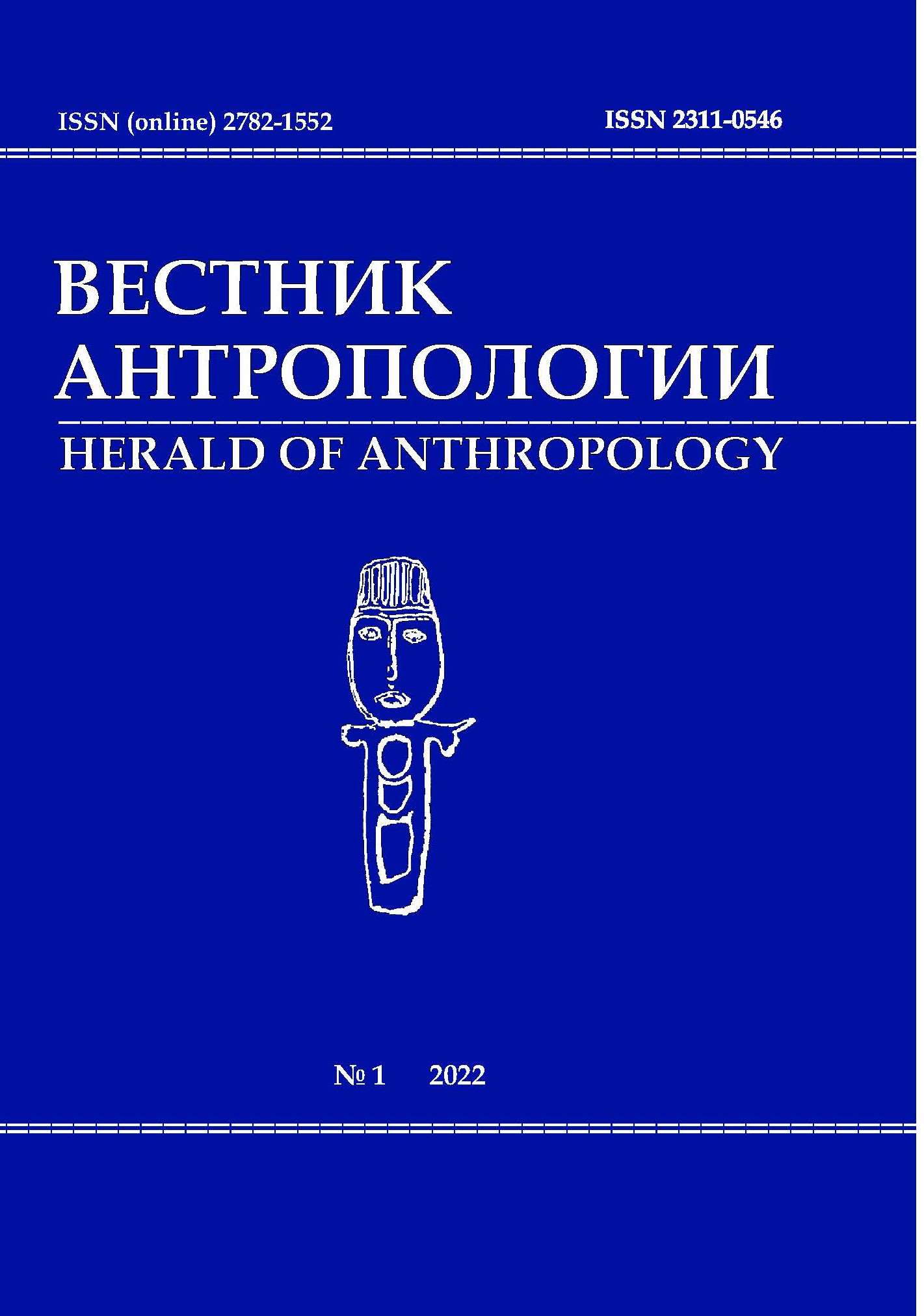Illness in the Life-World of a Teenager: a Study based on Stories by Y. Kuznetsova and N. Nazarkin
DOI: 10.33876/2311-0546/2022-1/208-221
Abstract
The article examines the life-world of sick children, their ideas about the disease, and their awareness of it, which is relevant for medical and anthropological science. The study is based on literary works, which accurately depict hospital life and children's experience and insightfully describe the mood and character of the characters and the world of the illness itself. The phenomenological-hermeneutic approach is used to explain the semantic horizon of the phenomenon of illness and the phenomena of life and death associated with it. It was found that the disease, while limiting adolescents in life opportunities, makes them inventive, sensitive, reasonable, demanding of themselves and those around them, encouraging them to grow up earlier. Sick children sharply feel the injustice of illness and death and sense the fragility of life. Parents' attention helps them forget about their painful condition for a while. This study is the first step in studying the phenomenon of disease in the life-world of children. Full disclosure of this phenomenon requires supplementing literary sources along with field material. However, it should be borne in mind that sick children are special informants with a specific situation, which makes collecting field material a complex and sometimes impossible task, and therefore talentedly written literary works on this topic deserve further research.





















